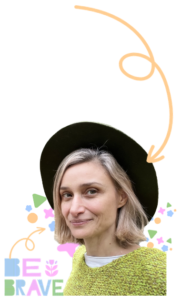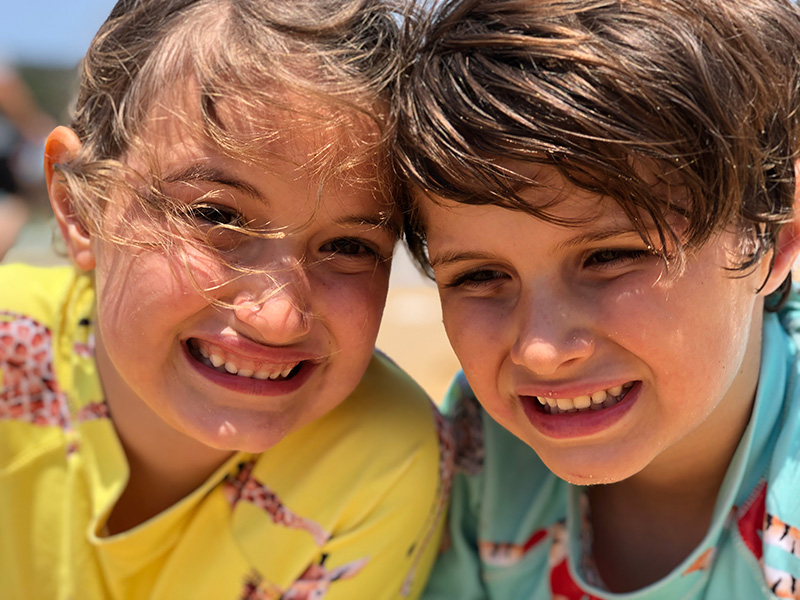The beginning of this tale is not uncommon.
There was a time when a mother felt lost because her child was struggling and she didn’t know how to help them. She knew how to fix a scrapped knee and a fever, but she was unprepared for this. Their family was a team, and when one person had a hard time, they all felt it deeply.
When you are desperate, there is a sense of purpose that sustains you through the darkest of times. Her purpose became clear – to understand her child and their brain.
Amid months spent studying parenting books, scouring the internet for answers, and attending OT sessions, psychologist consultations, and paediatrician appointments, she realised – that money, location, and time stood as vital resources for families raising neurodivergent children.
The average family never has enough of those resources. Assessments, therapy, medication, and appointments all add up, and at some point, a parent has to choose between them.
Knowledge, however, was a powerful resource that a parent could grow. Specialised knowledge often remained in the hands of clinicians or shrouded in terminology decipherable only with educational privilege.
She was privileged, but the generation that came before her wasn’t. Like other members of her family, she fell through the cultural, socio-economic, and diagnostic cracks.
Her experience is not unique, countless others fall through wider gaps.
It is not surprising that neurodivergent children who are well supported at home, at school, and in the community, have a better chance of becoming happy and successful adults. The alternative, she knew all too well, was bleak.
With a brighter future in mind, she got to work with 3 guiding principles – access to knowledge should:
- Not be determined by geographical location
- Be free or highly affordable
- Accommodate the demands of daily life
The once-lost mother had found a greater purpose beyond her own struggles.
Today she reads countless research papers and distils that information through a lived experience lens. Her dream is to create tools and information that empower adults to better understand and support both themselves and the neurodivergent children in their care.
Her philosophy is simple – when we direct our energy toward supporting and empowering children, we won’t have to repair them when they become adults.
Hi! I’m Diana, the mother in the story.
I usually don’t share personal stories on this platform, I prefer to hyperfocus on creating resources by combining science and lived experience.
I also struggle with Rejection Sensitivity Dysphoria, and being vulnerable requires a level of bravery that I’m not always capable of unlocking.
But maybe vulnerability is not such a bad thing…
Want to know more? Here are 5 random facts!
- I love colour/clashing patterns, and I dopamine dress as a way to influence how I feel
- I’m a visual thinker and I see ideas in pictures
- Wood cutlery or ice cream sticks make me gag
- My out-of-control bouncy leg helps me focus
- I’m a collector. I love shells, fabric, and plants.
If you managed to read this far, thank you! I’m so glad you’re here.


